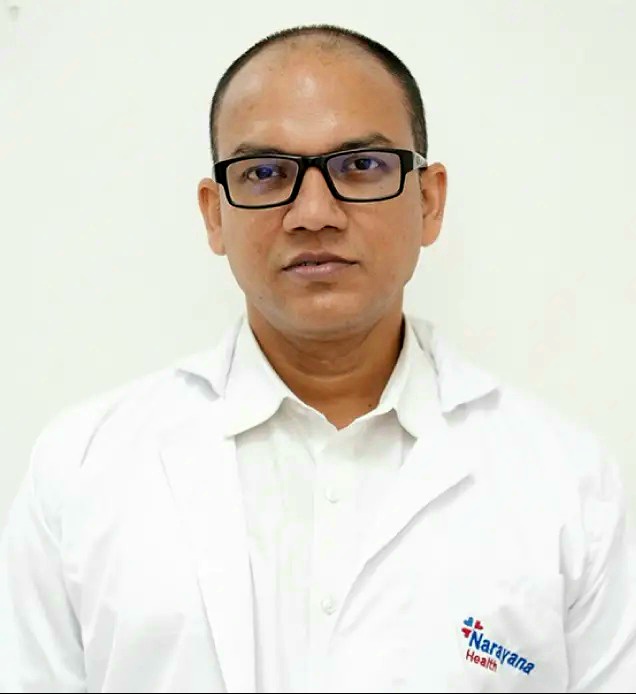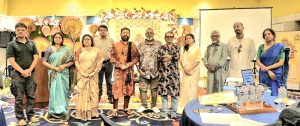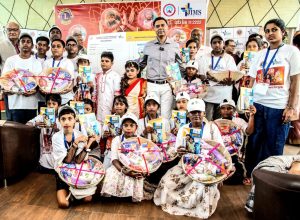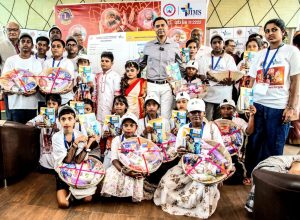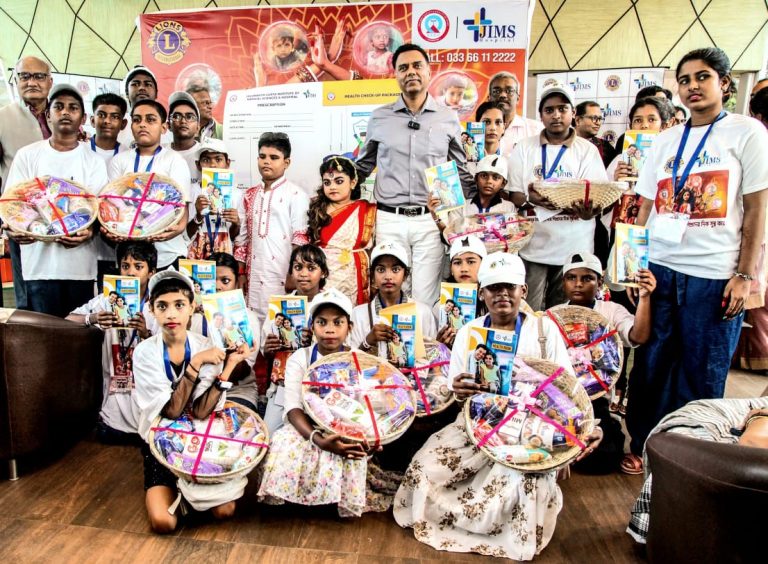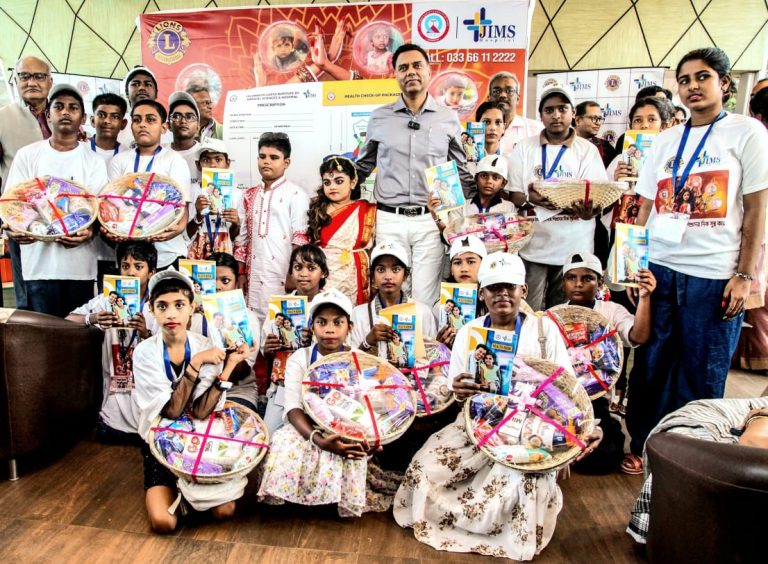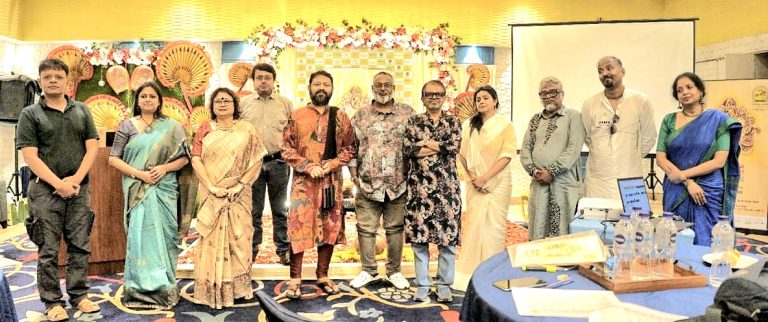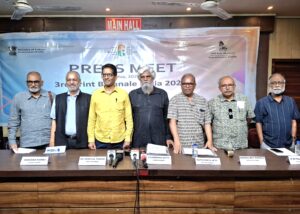GRS News India : kolkata, 8th. May 2025. Thalassaemia in Children: What Every Parent Needs to Know Recognising early signs, accessing treatment, and supporting a healthier childhood Prof. (Dr) Rajib De, Clinical Lead & Consultant – Haematology, Haemato Oncology & BMT – Narayana Health, Kolkata
Thalassaemia, the world’s most common single-gene inherited disorder, is especially concerning in West Bengal, where nearly 1 in every 10 people is a carrier, more than double the national average of 3–4%. This makes awareness and early action vital, particularly for parents of young children.
In most cases, symptoms begin appearing within the first two years of life. These may include fatigue, pale skin, poor weight gain, an enlarged abdomen, or frequent illness. Without early diagnosis, the disease can progress silently. Blood tests, such as a complete blood count, haemoglobin electrophoresis, and genetic screening, can detect the condition and guide appropriate care.
The mainstay of treatment is regular blood transfusions to maintain haemoglobin levels and support normal growth. Over time, however, these transfusions lead to iron buildup, making iron chelation therapy essential to prevent damage to the heart, liver, and other organs. Hospitals in Kolkata and across West Bengal offer subsidised transfusions and chelation, often supported by government health schemes and NGOs.
For some children, bone marrow transplant (BMT) is only available accepted therapy for curing thalassemia patients, especially when done early and with a matched donor. While this option can be costly, several city hospitals have emerging transplant units offering it with improved outcomes.
Daily care at home is just as important. Parents should focus on a balanced diet low in iron, ensure timely vaccinations, and follow hygiene practices to avoid infections. Emotional support and psychological well-being are also crucial, as children with chronic illnesses often face anxiety and stigma. Local support groups in Kolkata are increasingly helping families manage both the medical and emotional journey of thalassaemia.
In a region with such high prevalence, early screening, informed parenting, and consistent care can make a powerful difference. With the right support, children with thalassaemia can grow, learn, and live active, fulfilling lives.
